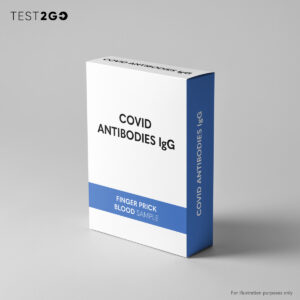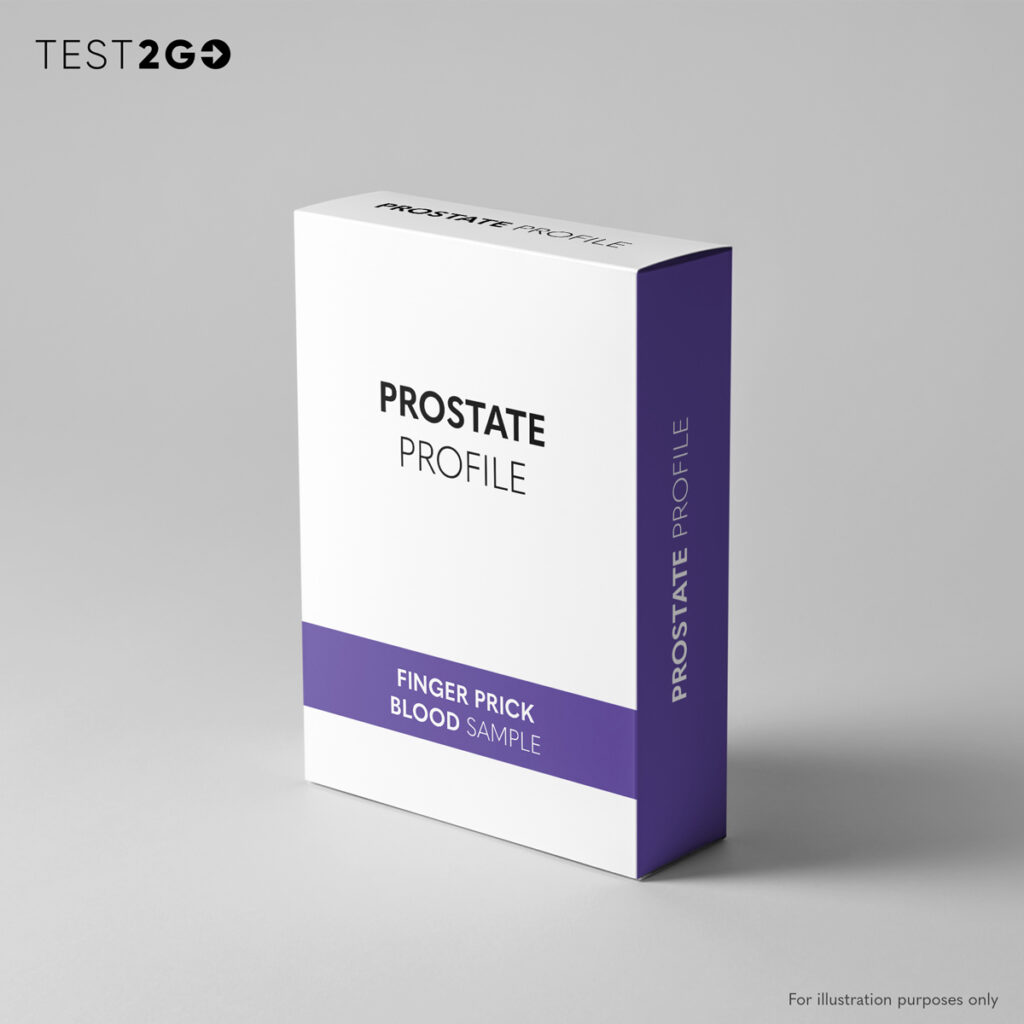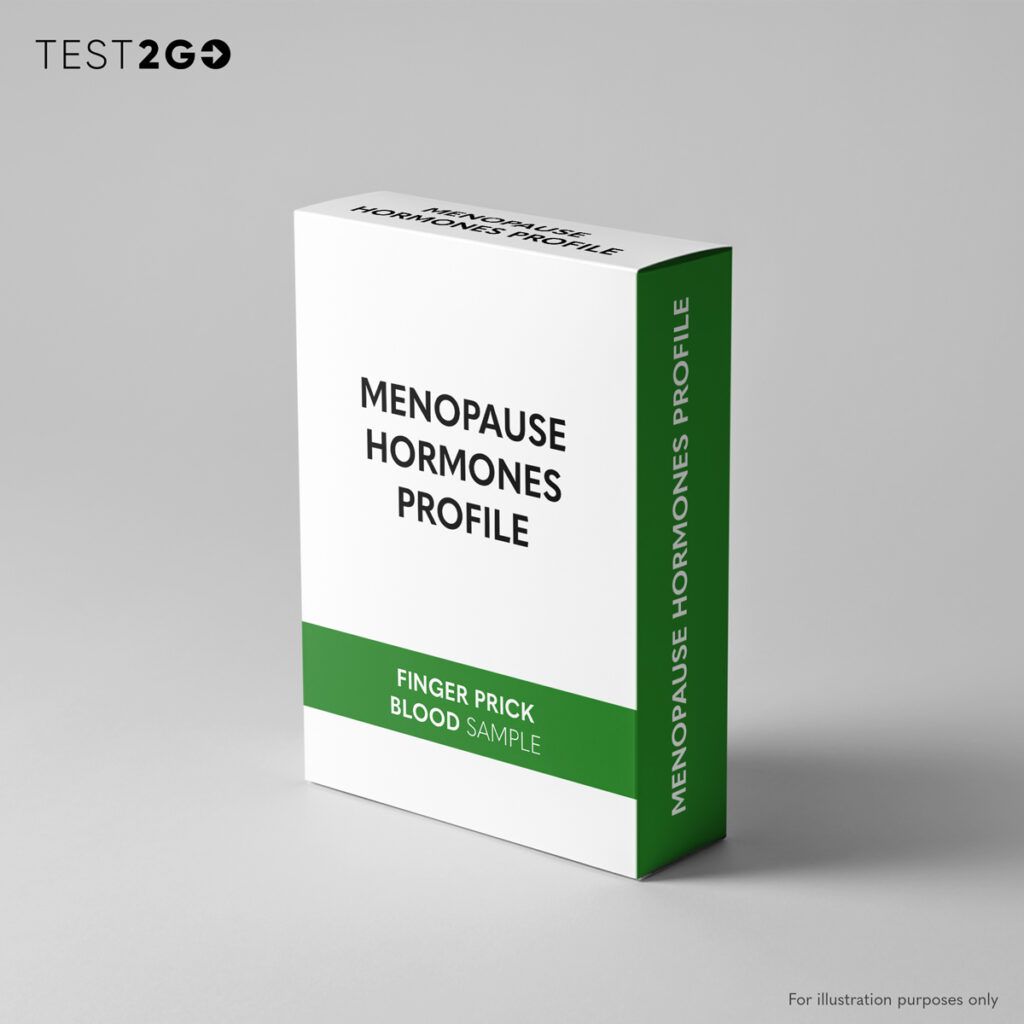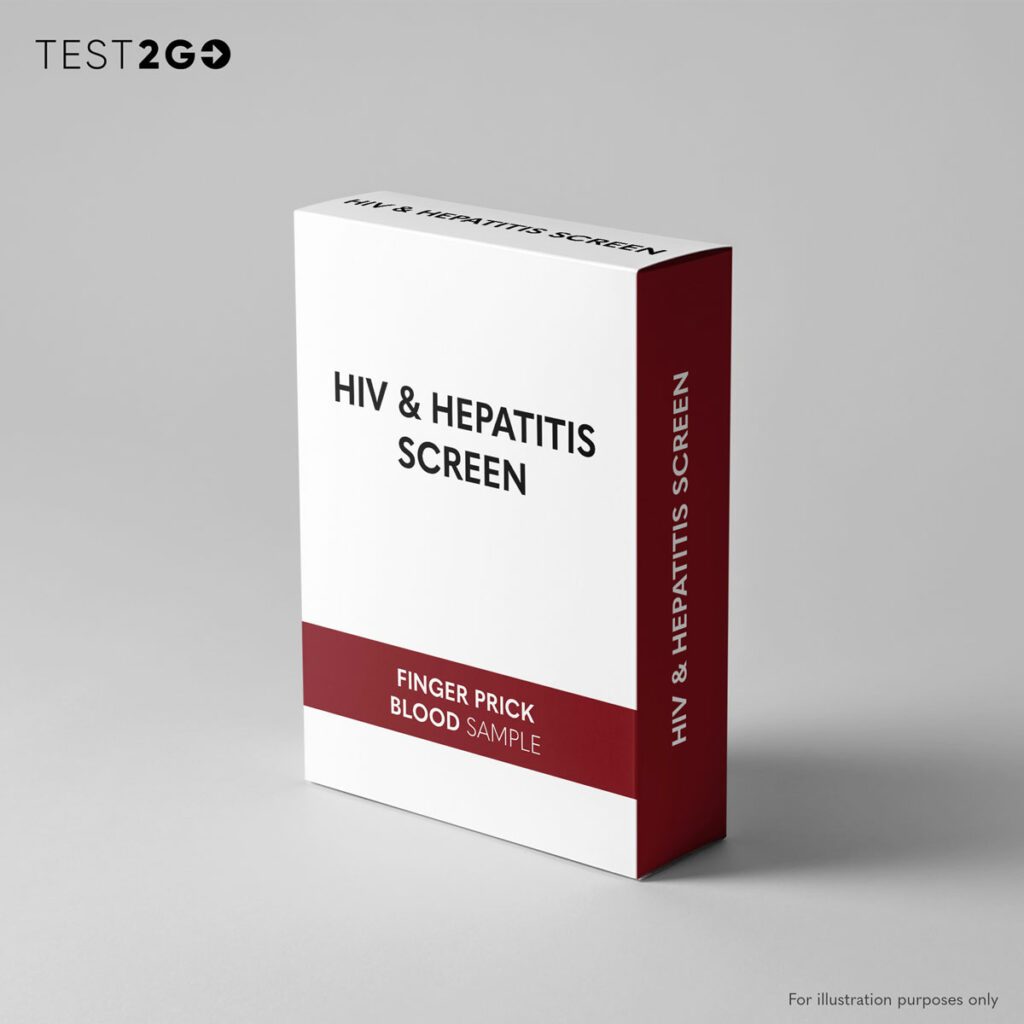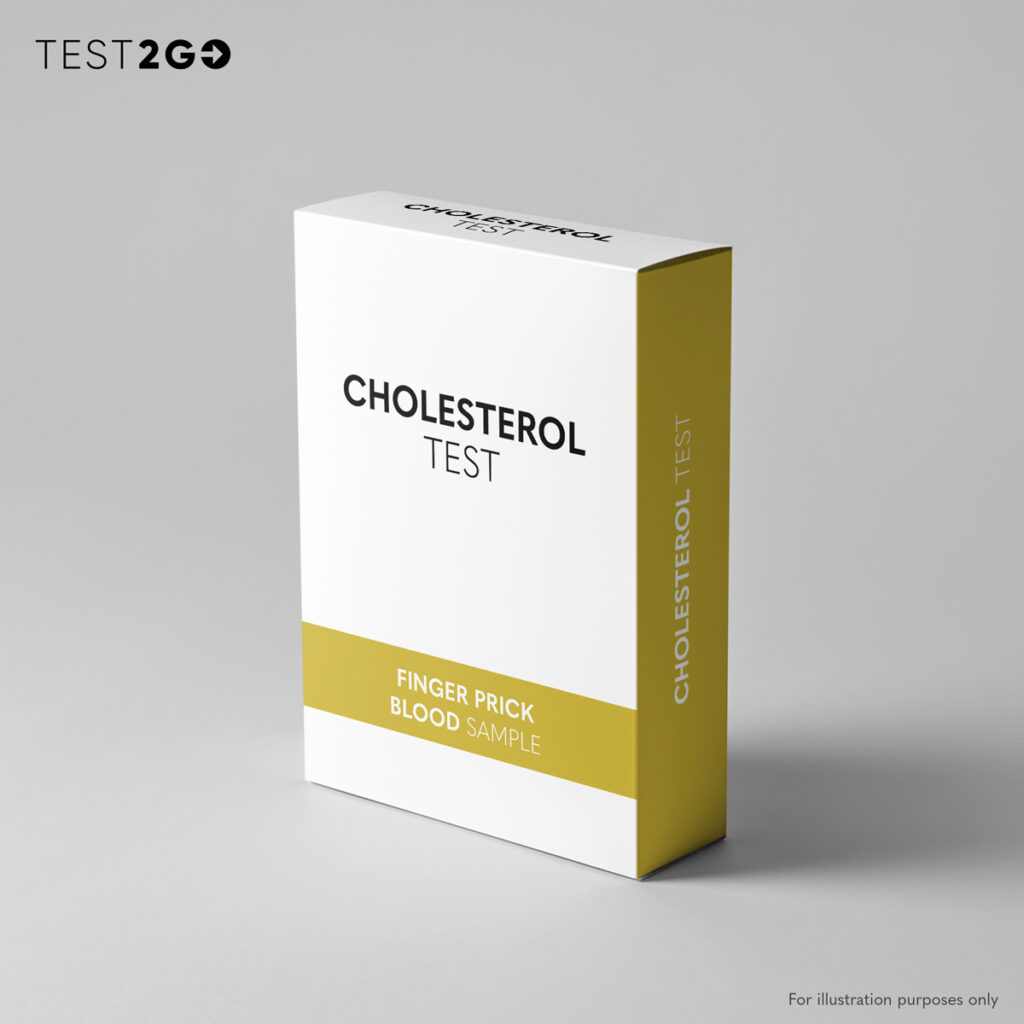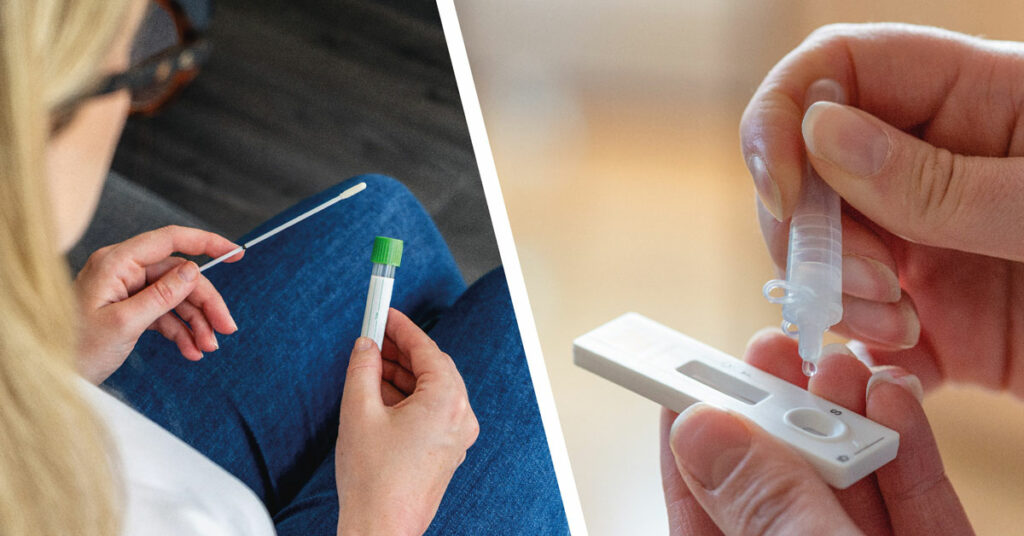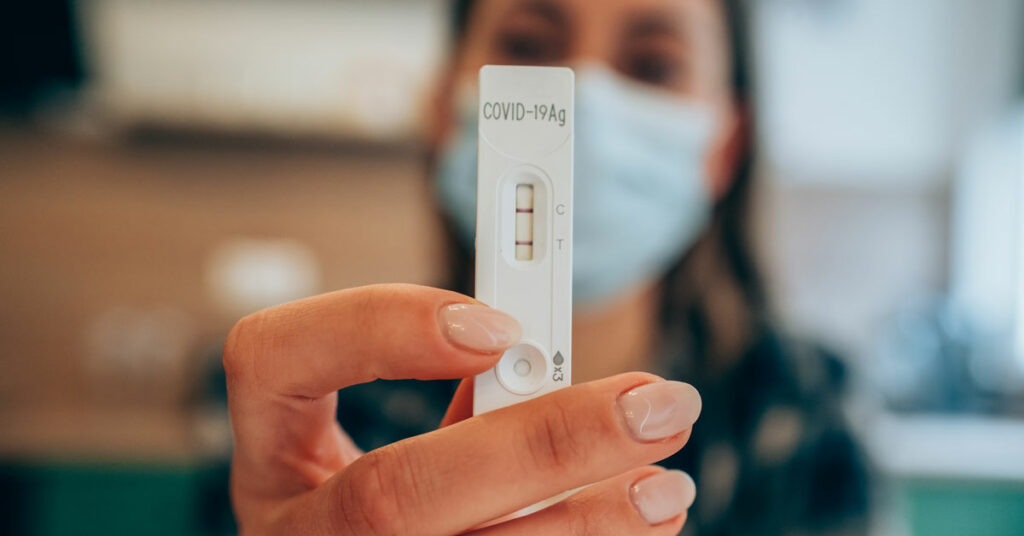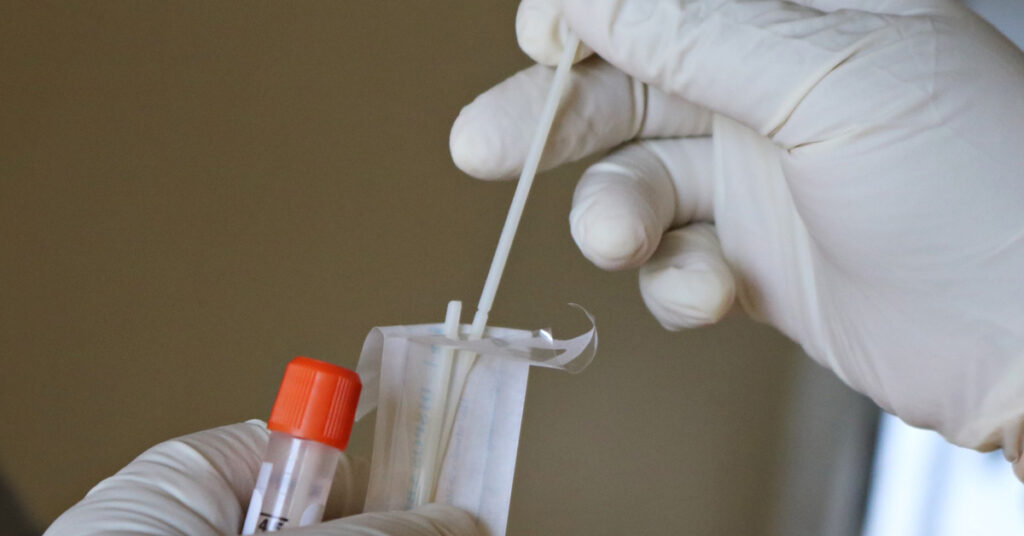Test2Go has been supporting COVID testing since the beginning of the COVID-19 pandemic. This guide is designed to help you find out a little more about the background of each of the currently available types of COVID tests before you work out which testing is right for you.
There are two approved tests currently used in the detection of COVID-19. We will talk about them both below, but with a focus on the PCR antigen test as this is the test that is currently in use in the majority of testing scenarios.
PCR antigen test vs PCR antibody test
The government guidance on COVID testing indicates that there are two tests approved for coronavirus detection: the PCR antigen test (also known as the virus test) and the PCR antibody test. Both of these tests require the actual testing part of the process to be carried out in a lab.
What is the PCR antibody test?
The PCR antibody test is a blood test that needs to be processed in a lab, and which will indicate whether someone has already had COVID-19 or not.
How does the PCR antibody test work?
Antibodies are proteins that are produced by the human immune system in response to an infection like a virus. Therefore, someone who has had SARS-CoV-2, the virus that causes COVID-19, will produce antibodies that respond specifically to this virus, A small number of these antibodies will remain post-virus, to act as a sort of blueprint in case the body needs to make them again. The PCR antibody test, therefore, detects the presence of these virus-specific antibodies in the blood.
Are there any issues associated with the PCR antibody test?
There is inconclusive evidence to show whether or not a positive test result from a PCR antibody test actually means you are immune to future infection. In fact, the advice on social distancing is the same for both negative and positive test results.
The PCR antibody test is currently being used as a way of better understanding the virus and how it spreads, and not as a way of preventing or controlling the outbreak.
What is a PCR antigen test?
The PCR antigen test is a swab test designed to detect SARS-CoV-2, and it needs to be processed in a lab. The PCR antigen test looks for traces of the actual SARS-CoV-2 virus (i.e. the antigen) in the body rather than looking for proteins that indicate a past infection. The PCR antigen test is therefore designed to confirm whether someone has the virus in their system at the time of testing.
How does the PCR antigen test work?
The PCR antigen test, also known as the Polymerase Chain Reaction test, is designed to detect DNA that belongs to a specific antigen. A swab is used to collect a sample from the nose and throat and then it is sent to the lab for testing. Our gold-standard PCR tests are able to detect the virus even at a very early stage of infection, when the amount of virus in the actual sample may be very low.
Are there any issues with the PCR antigen test?
The PCR antigen test is the gold standard of tests, and is extremely accurate when correctly performed, with current research suggesting it is over 99% accurate. Therefore, if the coronavirus is present in the sample, however small, it is almost guaranteed to be detected.
What is ‘community spread” and why is it relevant to COVID testing?
If someone catches coronavirus but has not had any contact with someone who is known to have the virus, then the virus is deemed to be ‘community spread.’ If the spread is deemed to be high and cases spike, then local lockdowns may be enforced.
Test2Go offer a range of self-test PCR tests for travel for you to take in the comfort of your own home and then return to our laboratories for an accurate and reliable result.


